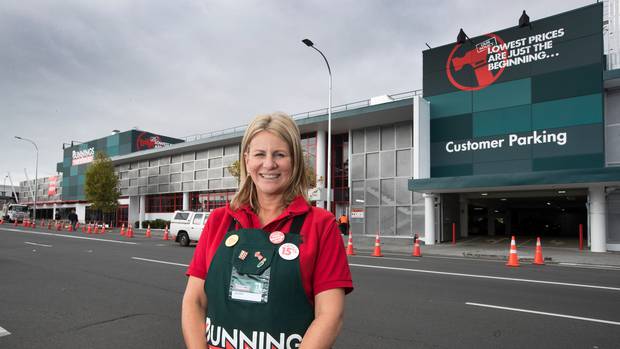
The Australian-headquartered business today issued a statement which says following a network review and "the challenges of the recent trading environment", it has told staff of its proposal to close the stores.
Jacqui Coombes, Bunnings NZ director said: "Our absolute priority is the welfare of the 145 affected team members.
"This news is understandably upsetting and we will be working closely with our team during the consultation period to discuss their individual circumstances, including redeployment to other stores if possible.
"Despite the incredible efforts of our teams, the challenges at these stores have been exacerbated as a result of the Covid-19 environment and unfortunately these stores are no longer a viable part of our store network."
The Hornby and Hastings trade centres, Ashburton Warehouse, and four smaller format stores in Rangiora, Cambridge, Te Awamutu and Putaruru are impacted.
"Bunnings is an active manager of its portfolio in both the Australian and New Zealand markets which includes new developments and openings as well as reviews such as this which have led to the decisions that have been made," it said.
The closures were connected to the challenges of the recent trading environment but also took into account other considerations including lease arrangements, individual store performance and suitability of location, with some of the stores always intended as temporary locations, it said.
"This also follows a review late last year which saw Bunnings close three of its smaller format stores at Te Aroha, Waikanae and Paeroa."
Consultation on the closures with staff would begin today.
The proposed closures follow previous measures to cut the strain from the New Zealand lockdown last month by temporarily reducing salaried staff hours and pay by 20 per cent and working with landlords on rental reductions, Coombes said.













